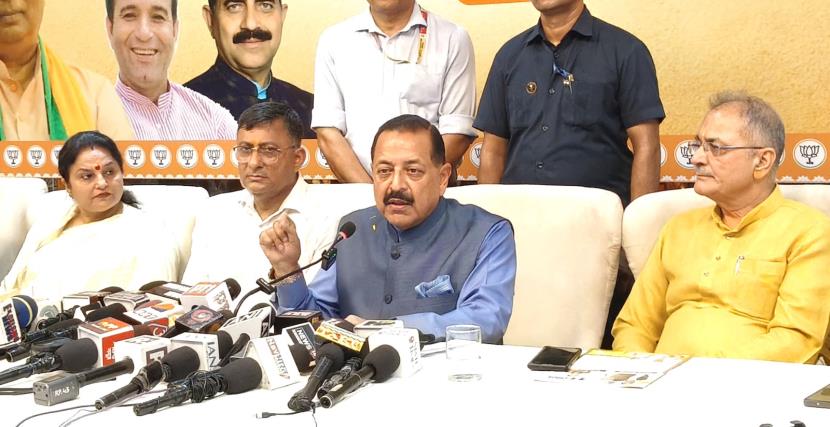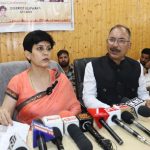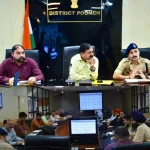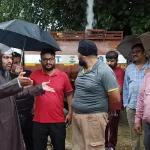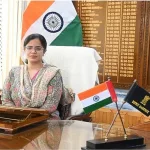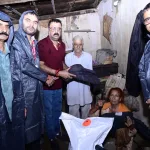Jammu, Jun 12: Union Minister Dr Jitendra Singh on Thursday asserted that the 11-year tenure of the Narendra Modi government, beginning in 2014, has established a new standard of Indian governance, with relentless focus on technology, transparency and citizen empowerment.
Addressing a press conference at Satyam Resorts as part of the BJP’s nationwide outreach marking the government’s 11th anniversary, Dr Singh highlighted the achievements of this period, which he said are built on four key pillars: pro-people schemes, reform-driven decisions, technology-based service delivery and inclusive implementation.
He recalled early decisions made within weeks of government formation, such as the abolition of the colonial-era practice of attestation of documents by gazetted officers, emphasising that this move reflected trust in India’s youth and marked a shift from suspicion to facilitation in governance.
Dr Jitendra also pointed to the elimination of interviews for non-gazetted government posts as a landmark reform that reduced subjective bias and curbed corruption, leading to a more equitable recruitment process nationwide.
Highlighting women-centric reforms, he said the government introduced rule changes allowing women officers to access maternity and other benefits without bureaucratic hurdles, and increased opportunities for women in defence, including entry into Sainik Schools and active combat roles.
“Earlier, elderly citizens had to stand in queues to prove they were alive. Today, a facial scan via app completes this process in seconds,” he said, underscoring the government’s focus on digital innovation.
Dr Singh praised schemes like Ayushman Bharat, which have enabled millions of poor families to access healthcare services without financial hardship. He lauded India’s recognition as a global model in digital infrastructure, citing the widespread use of RuPay debit cards under Jan Dhan Yojana as an example.
The Union Minister highlighted India’s rise in the Global Innovation Index and its emergence as the world’s third-largest startup ecosystem, noting that nearly 56% of patents filed in India now originate from Indian innovators, marking a significant shift from previous trends dominated by foreign entities.
He mentioned the implementation of the One Nation One Subscription (ONOS) model in education to facilitate access to research journals and academic resources, alongside the transformative impact of the New Education Policy aimed at democratising knowledge and fostering structural reforms.
On housing and water supply, Dr Singh said that under the PM Awas Yojana, millions of homes have been constructed for marginalised communities, and household tap connections have increased from approximately 50% to 80% under the Jal Jeevan Mission.
Responding to a question about Jammu and Kashmir, Dr Jitendra said the region has experienced these positive changes firsthand. “From developing traditional crafts like Kishtwar wool products to integrating local artisans into schemes like PM Vishwakarma Yojana, the government has prioritised inclusive development in remote and previously neglected areas,” he said.
He cited examples across India—from Lucknow’s chikankari to Kishtwar’s handloom products—as part of a globally recognised narrative of Indian craftsmanship and progress.
The press conference was also attended by former Deputy Chief Minister Kavinder Gupta, former Minister Priya Sethi, and BJP J&K General Secretary Vinodh Gupta, who introduced the event.


